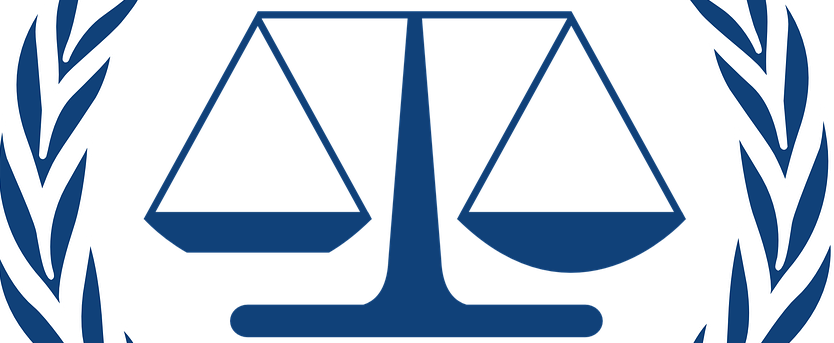Samenvattingen: de beste studieboeken voor politiek en democratie samengevat
Samenvattingen van de beste studieboeken voor politiek en democratie
Waar gaat deze pagina over?
- Inhoud: een selectie aan samenvattingen van de bests studieboeken voor politiek en democratie
- Studiegebieden: Politicologie, democratie, vergelijkende politiek
- Taal: Nederlands
- Toegang: Publiek
Waar ga je heen?
- Lees verder voor de uitgelichte samenvattingen
- Klik op het onderwerp dat je interesse heeft en gebruik de links om naar de samenvattingen te gaan
- Login of registreer om te kunnen reageren
- 1192 keer gelezen














